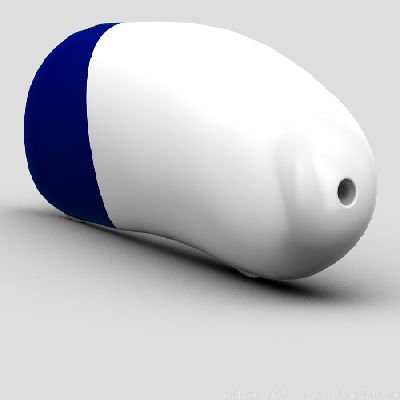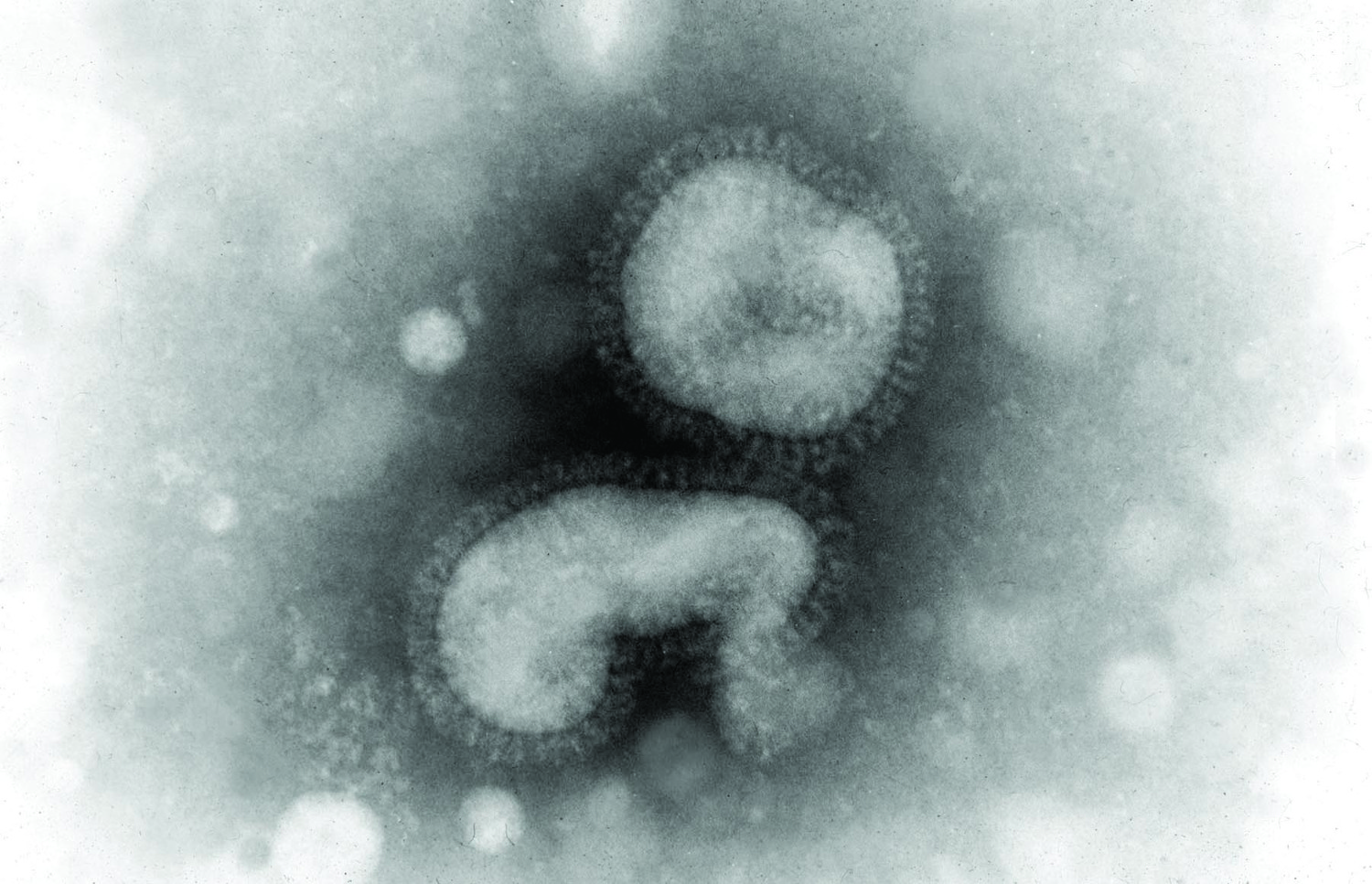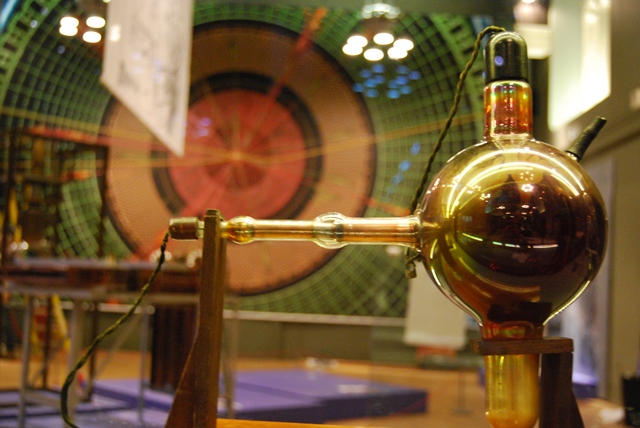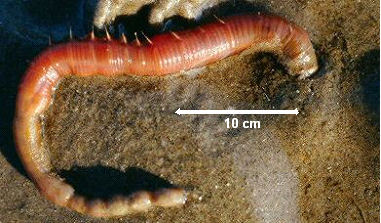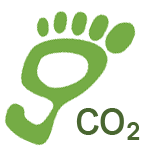Student bike record attempt gathers pace
August 29, 2014: A team of University of Liverpool engineering students is looking for four riders (2 male and 2 female) to take part in a speed challenge to support their attempt to design, build and race the fastest bike in the world. Find out more ...
